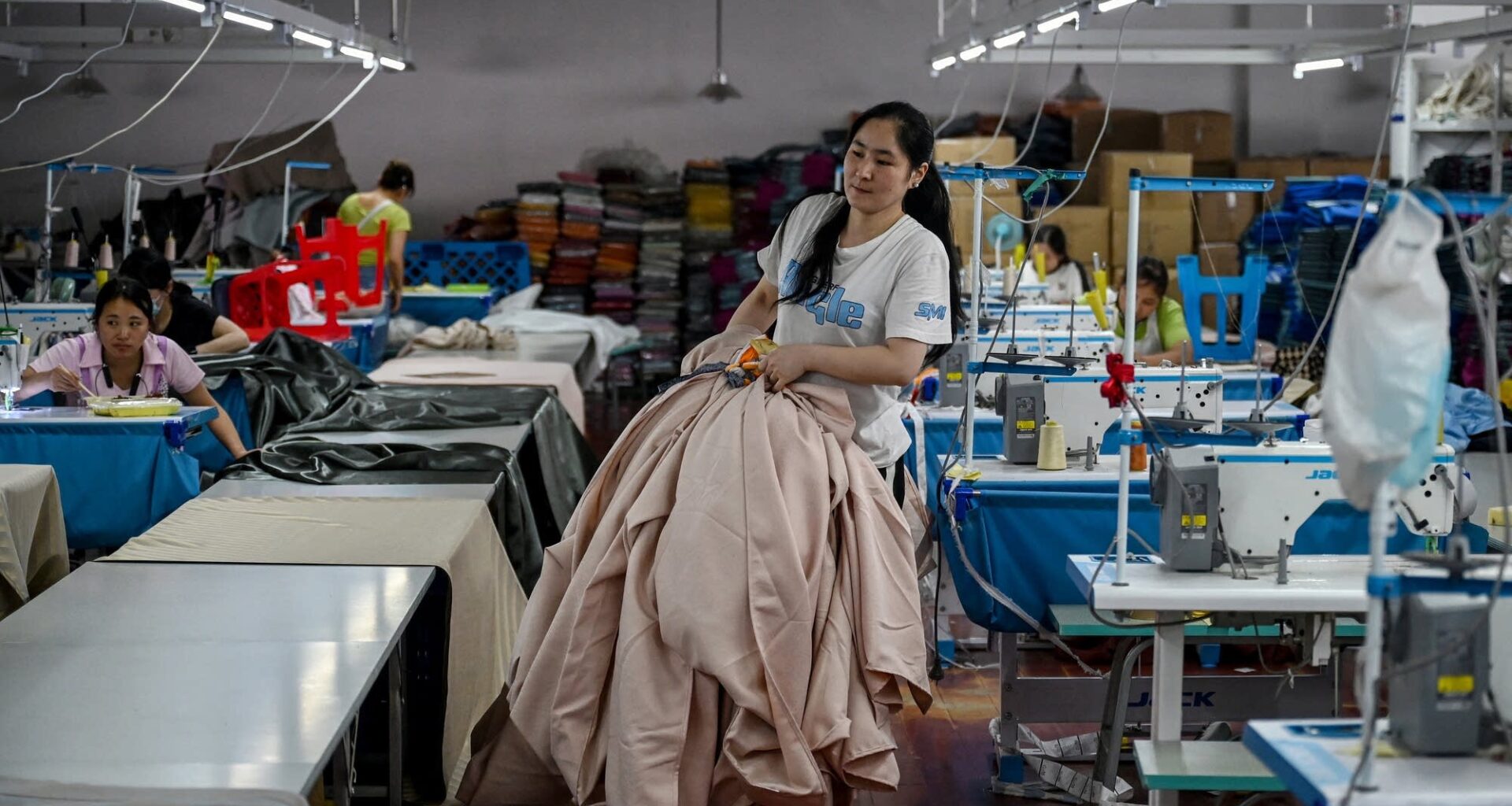As the president has been building a wall of tariffs around the U.S. economy, China has been doing the opposite: lowering some trade barriers — in particular for developing countries.
That has many of those developing economies around the world turning their attention to China, and China turning to them, not just when it comes to trade, but with investments, too.
China’s growing trade with developing countries didn’t start this year.
“This has been going on for more than 20 years,” said Jon Alterman, with the Center for Strategic and International Studies.
“As poor countries get wealthier, they’re interested in importing more manufactured goods,” Alterman said. “The cheapest place for a lot of countries to get manufactured goods is China.”
But U.S. tariffs and unpredictable trade policy have lit a fire under developing countries to quickly deepen their ties with China.
“Just as a business proposition, if your trade with the United States is going to be heavily taxed, then countries want an alternative to trading with the United States,” said Alterman.
China’s imports and exports from developing countries have doubled since 2015, according to a report from S&P Global. By comparison trade with the U.S. has risen only 28%. Chinese investment in developing countries has quadrupled in a decade.
“This is not just one single company going overseas,” said Zongyuan Zoe Liu, with the Council on Foreign Relations. “It’s the entire supply chain.”
Chinese companies facing cutthroat competition and rising labor costs at home have been looking for markets and labor elsewhere. The Chinese government has helped their customers with financing, and without strings attached around labor or human rights. But Liu doesn’t view Chinese commercial expansion as a threat to U.S. business.
“Especially when it comes to technology competition, Chinese companies and American companies are simply operating at two different levels,” Liu said.
Liu said the U.S. tends to produce high end products at the cutting edge of innovation; China produces more affordable stuff with more incremental innovations. But Alterman sees an indirect impact from China deepening ties with developing countries.
“That gives China an in, and China uses that in to try and block the United States from using economic tools that it’s used around the world to fight terrorism, drug trafficking, corruption, all kinds of things,” Alterman said.
In the global economy, trade and investment are the ties that bind. The U.S. may find itself binding a little less.
Related Topics
